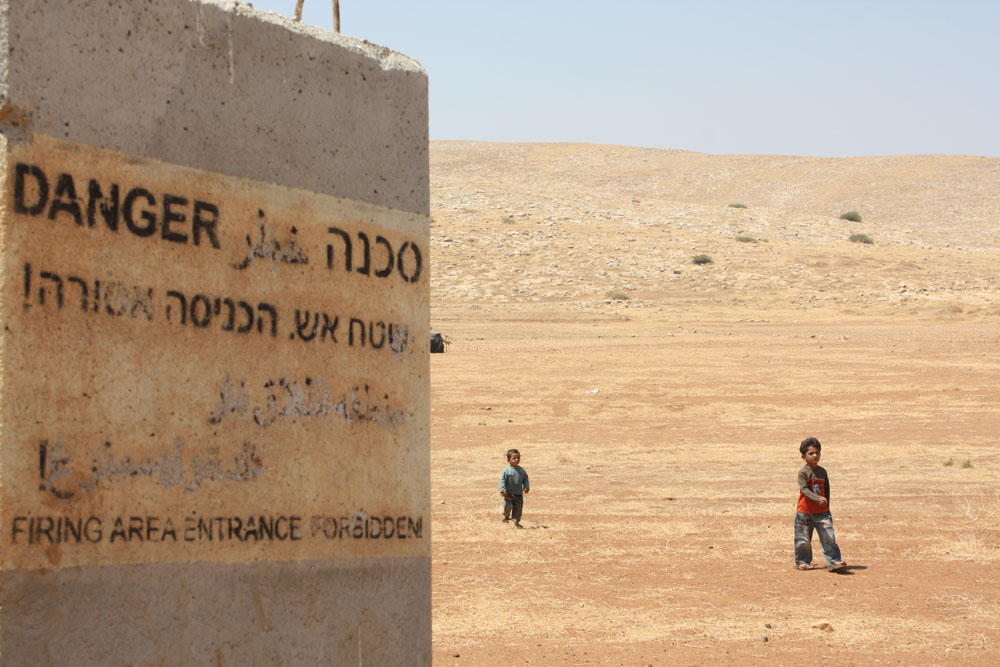US ‘ends war’ in Afghanistan —not!
The NATO "withdrawal" from Afghanistan was quietly marked by a Kabul ceremony—as air-strikes, suicide attacks and gun-battles with Taliban insurgents continued without pause.
The NATO "withdrawal" from Afghanistan was quietly marked by a Kabul ceremony—as air-strikes, suicide attacks and gun-battles with Taliban insurgents continued without pause.
Martin Dempsey, head of the US joint chiefs of staff, arrived in Baghdad, where he admitted that "we're certainly considering" sending US ground troops to assist in re-taking Mosul.
US Army Gen. John Campbell questions whether the Afghan military is prepared to take on a resurgent Taliban, with militant attacks at their highest levels since 2011.
The deal that ended Afghanistan's electoral deadlock was brokered by the country's leading war criminals—and the US hopes to follow up with a "status of forces" agreement.
If Washington is perceived as leading an alliance that includes Iran and Hezbollah, this will augment the propaganda assistance loaned to ISIS with every US missile that falls.
The Obama administration is preparing to carry out a campaign against ISIS that may take three years to complete, involving a coalition of some 40 countries.
Up to 70 were massacred during prayers at a Sunni mosque in Iraq's Diyala governorate—apparently by a Shi'ite militia seeking retribution for a bomb attack on their forces.
Afghan President Hamid Karzai rejected the Loya Jirga's recommendation that he sign an agreement extending the US troop presence, citing continued civilian casualties.
An Iraqi court rejected a US extradition request for accused Hezbollah commander Ali Mussa Daqduq, finding that he should be released immediately from house arrest.

In its latest quarterly report to Congress, the US watchdog for Afghan reconstruction finds that the security situation is at an all-time low since monitoring began. Since the Special Inspector General for Afghanistan Reconstruction (SIGAR) began tracking district control in 2015, Afghan government-controlled or "influenced" districts have declined 16% to 55.5%. In the same period, areas of insurgent control or influence rose 5.5% while "contested" districts increased 11%. As of late July, the US military assessed that the Kabul government controls or influences 226 of Afghanistan's 407 districts, while the Taliban controls/influences 49. The remaining 132 districts are identified as "contested." Since the prior quarterly report, Operation Resolute Support downgraded eight districts from "government influenced" to "contested." SIGAR said Afghan security forces "made minimal or no progress in pressuring the Taliban" in the period covered by the report. (Photo via Stars & Stripes)